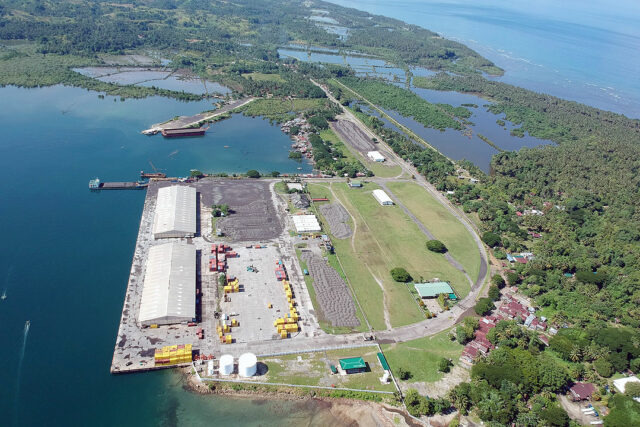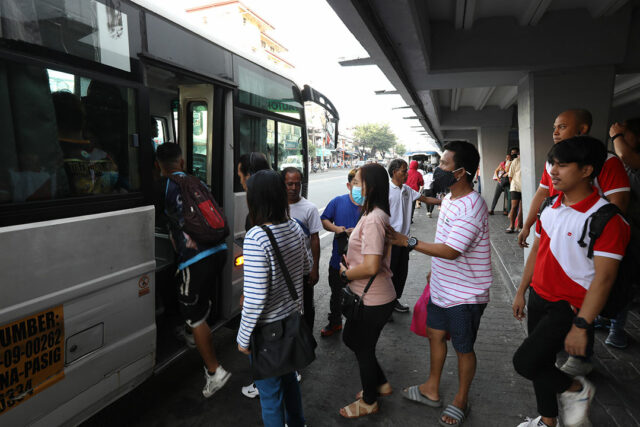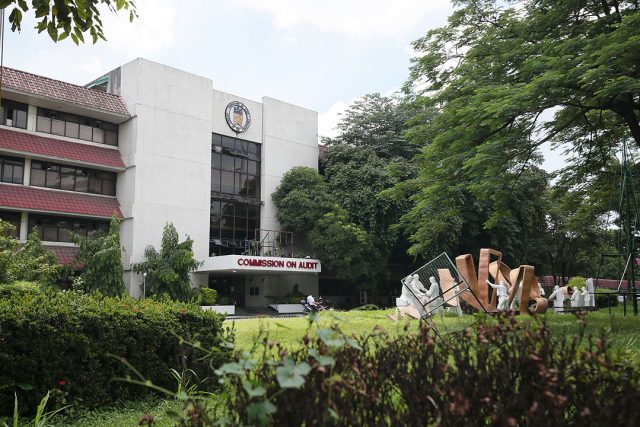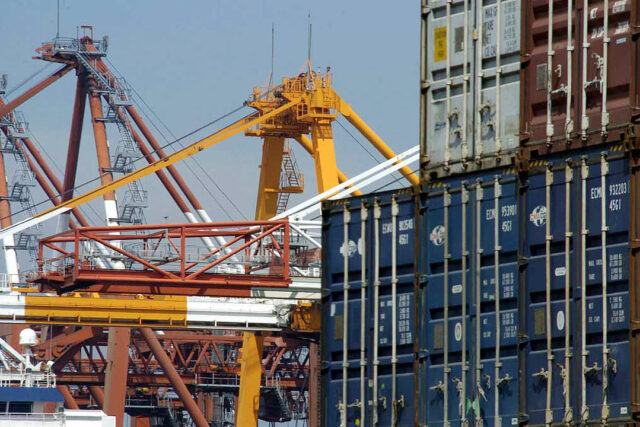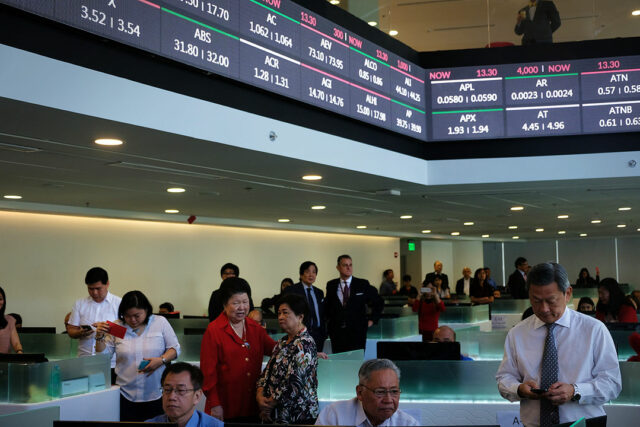CREATE MORE may improve Philippines’ credit rating and investment outlook
By Kenneth Christiane L. Basilio, Reporter
THE PHILIPPINES is expected to receive an “A-level” credit rating and improved investment outlook from credit rating agencies by 2028 once “pro-investment” policies, such as the measure seeking to lower taxes on domestic and foreign companies, take effect, a congressman said on Monday.
“The global environment is challenging. High energy and food prices persist – and overall sentiment is gloomy, especially with China’s slowdown and continuing challenges in Europe,” Albay Rep. Jose Ma. Clemente S. Salceda said in a statement.
“And yet, the country’s prospects remain strong. This is in large part due to the President’s decisively pro-investment and fiscally responsible policies,” he added, citing the Corporate Recovery and Tax Incentives for Enterprises Maximize Opportunities Reinvigorating the Economy (CREATE MORE) bill.
The bill, as ratified by both Houses of Congress, lowers taxes on domestic and foreign firms to 20% from 25%. It will also allow fuel suppliers serving tax-exempt entities to be eligible for tax refunds; and local government units to set the local tax for registered business enterprises at up to 2% of gross income.
Mr. Salceda, who chairs the House Committee on Ways and Means, added he is working with President Ferdinand “Bongbong” R. Marcos, Jr. and Congress to push for “reforms to boost the capital and investment markets. That will grow our base further.”
“I’m sure we will get an upgrade in rating or outlook from one of the Big Three next year,” he said, referring to S&P Global Ratings, Moody’s Ratings and Fitch Ratings.
Mr. Salceda’s outlook is also supported by the country’s growing balance of payments surplus, which stood at $88 million in July from $62 million in June, tamed inflation, and timely approval of the 2025 budget.
“I think, before the end of PBBM’s term in 2028, the country will be at the A-level ratings,” he added.
In August, Moody’s affirmed the Philippines’ investment grade rating of “Baa2” and outlook as “stable;” while Japan-based credit watcher Rating and Investment Information Inc. last month upgraded the Philippines’ credit rating to “A-” from last year’s rating of “BBB+” with a positive outlook.
“As our biggest lender, investor, and trading partner, Japan understands this country’s fundamentals better than any other country in the world. And I’m sure the Big Three will follow, especially if growth tracks targets this year,” he said.
While the CREATE MORE could boost foreign investment and stimulate economic growth, the government should also address its national debt management and look at further developing the country’s financial sector, Security Bank Corp. Chief Economist Dan J. Roces said in a Viber message.
“A comprehensive approach that addresses various factors, including debt management, financial sector development, and sustainable practices, is essential for long-term success,” he said.
The government would also need to support its manufacturing and agriculture industries to boost the country’s per capita income, improving efforts to achieve a higher credit rating, Rizal Commercial Banking Corp. Chief Economist Michael L. Ricafort said in a Viber message.

